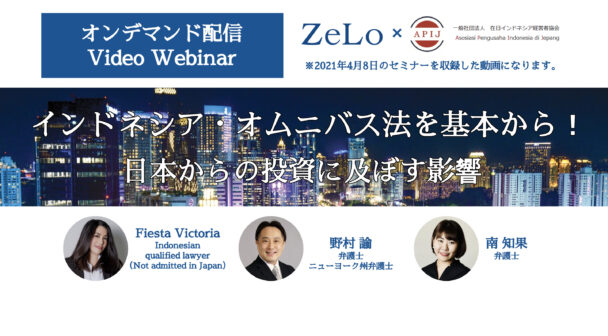Background
Initially, the idea was proposed by the 10 members of ASEAN in 2012 to bring together ASEAN’s major trading partners, namely Australia, China, Japan, South Korea, New Zealand, and India. India, however, withdrew in 2019.
The RCEP is a broad economic partnership accounting for 30 percent of the world's population, 32 percent of the world's GDP, 30 percent of the world's FDIs and 27.4 percent of the world's trade. It also accounts for approximately 50 percent of Japan’s total trade value. It consists of 20 chapters and covers wide-ranging subjects, including investments, trade in goods and services, intellectual properties, e-commerce.1
The RCEP combines the existing free trade pacts among the 15 countries into a single platform, eliminating up to 90 percent of the tariffs on imports over the next 20 years.
Impact
Tariff elimination is a key feature of RCEP, but it is not the only focus. The intention behind RCEP is for the members to prioritize collective regional development to sustain trade, with the support of domestic reforms in each country. This includes structural adjustments or rules and policy changes to eliminate obstacles in doing business in order to enhance the efficiency of regional supply chains.
RCEP is expected to improve market access, including Indonesia’s market access, as the largest economy in ASEAN. The Indonesian government predicted an increase of 7.2 percent to 22 percent in Indonesia’s export in the next five years through the global supply chain scheme under the RCEP. 2
Key Points:
Tariffs & Non-Tariff
RCEP aims to improve market access for both goods and services by requiring the members to significantly lower tariffs and eliminate any unnecessary non-tariff barriers. In this sense, it encourages transparency between the members before implementing any non-tariff barriers in the future. This is a necessary step to sustain trade and maintain competition and efficiency. Increased trade flows will likely boost foreign direct investment (FDI).
The preferential tariffs under the agreement can now be utilised by the private sector who are exporting to and/or importing from Indonesia.
Investment
The RCEP requires members of RCEP to commit, among other things, to:
- promote investments among the RCEP members, through joint investment promotion activities; business matching events; various briefings and seminars on investment opportunities and on investment laws, regulations, and policies; and information exchanges on issues relating to investment promotion; and
- facilitate investments among the RCEP members through, among other things, creating the necessary environment for all forms of investment; simplifying procedures for investment applications and approvals; and licenses/permits facilitation.
E-Commerce
The RCEP encourages business sectors to: (i) cooperate in promoting digital commerce in the RCEP region, (ii) to assist small and medium enterprises in the use of electronic commerce; (iii) and develop methods or practices that enhance confidence to use electronic commerce.
Certain measures will need to be further implemented or regulated by the RCEP members to protect cross borders personal information/data sharing, and to support paperless trade documents as well as the use of electronic signature and electronic authentication to facilitate cross-border transactions.
For further information on the above, please contact this form.
[1]https://www.mofa.go.jp/mofaj/gaiko/fta/j-eacepia/index.html
[2]https://theconversation.com/bagaimana-rcep-bisa-menguntungkan-dan-merugikan-indonesia-150453
The information provided in this article does not, and is not intended to, constitute legal advice and is for general informational purposes only. Readers of this article should contact an attorney to obtain advice with respect to any particular legal matter.


![[Breaking News] Japan Fair Trade Commission Issues Cautions to Four Live Streamer Agencies: Post-Termination Activity Restrictions May Violate the Antimonopoly Act](https://zelojapan.com/wp/wp-content/uploads/2025/12/8a478f19a81d9e146f9fb527dd1e0649-608x336.jpg)











